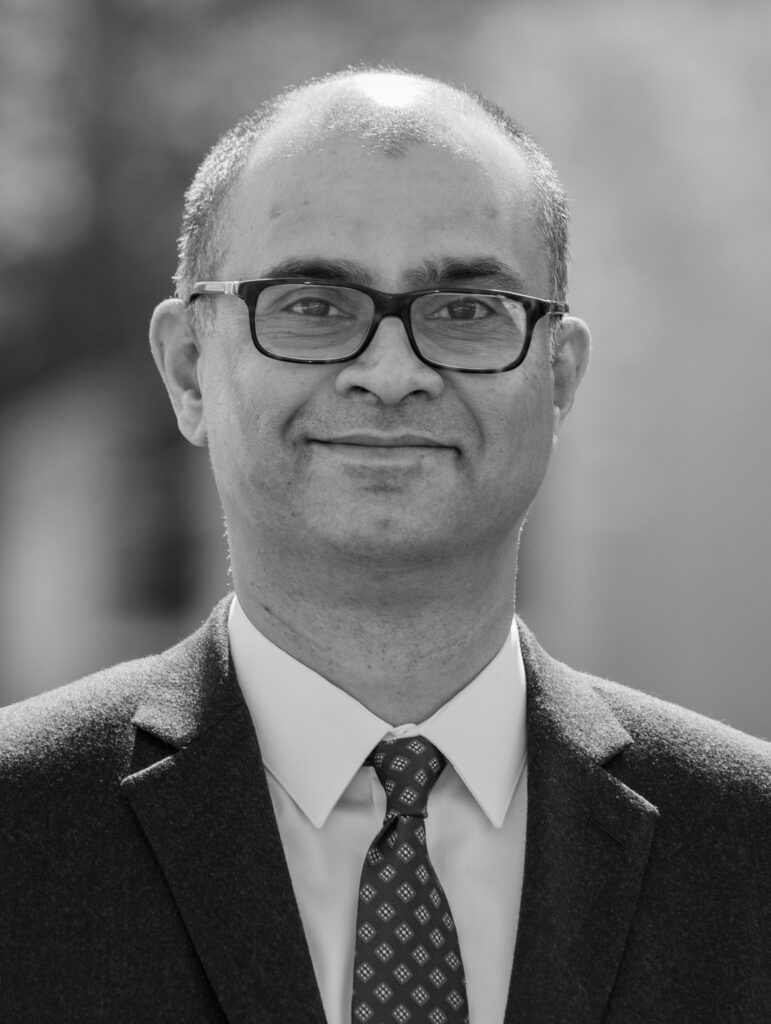Dr Balaji Srinivasan
Dr Balaji Srinivasan has a career that spans financial services, consulting, and education management in premier global institutions. He grew up in Calcutta and got his BS in Mathematics from Caltech and his PhD in Mathematics from the University of Chicago.
He spent a long time post PhD in financial services – across derivatives structuring and trading at JP Morgan and Goldman Sachs in Hong Kong, and then as a multi-asset portfolio manager at Och Ziff Capital.
He then went back to academia in 2012, first instituting a math academy programme for gifted students at Inventure Academy High School in Bangalore. In 2016, he moved back to Chicago to be Deputy Provost, Executive Vice President, and Chief International Officer for the University of Chicago. During his tenure at Chicago, he worked closely with faculty, researchers, students, and staff across a variety of academic and organisational initiatives.
After the COVID-19 pandemic, he left the University and moved back to Asia, where he spent time in Singapore and India. He serves as Senior Advisor to the CEO of DRW, a global diversified trading firm, where he helps oversee innovations and ventures in emerging areas of blockchain and AI in finance. He continues his association with the University of Chicago as the Asia Chair for the Energy Policy Institute of Chicago, where he and the faculty have established multiple programmes and partners across India and China, working on energy and environment issues around climate change and pollution. He is also an Advisor to the Margot and Tom Pritzker Foundation, a family foundation of one of the largest and most influential Chicago families; the foundation seeks to structure their family wealth into a legacy of philanthropy towards scientific discovery. He also serves on the Board of Management and Academic Council of Ahmedabad University.
He is co-founder of Climate Vault Solutions, a successful and fast-growing 100 MM $ start-up venture that brings together carbon markets and decarbonising technologies in an innovative structure that bridges the policy and technological solutions to the global CO2 problem.
He is also a scholar of Sanskrit and Vedanta, having studied under traditional teachers since 2005, and has authored books of translated poetry and lectures where he brings out the traditional Vedantic ideas in modern English terms while retaining the authenticity of interpretations of classical Sanskrit scholars.

